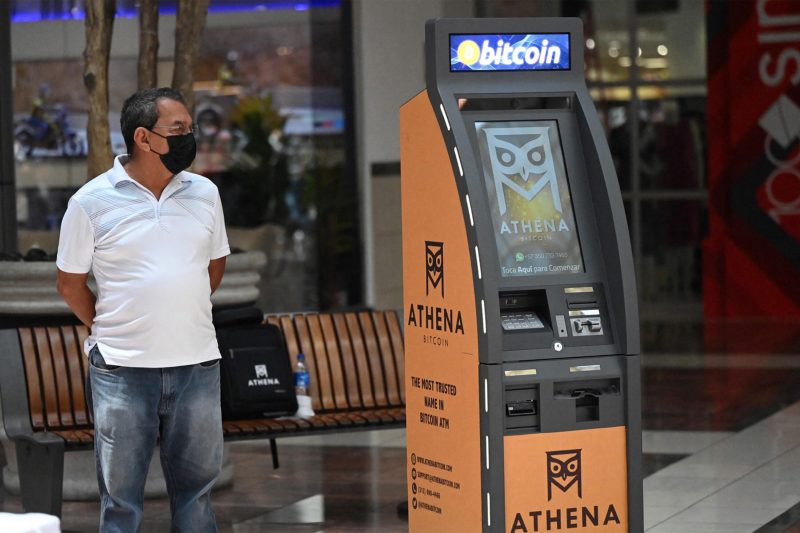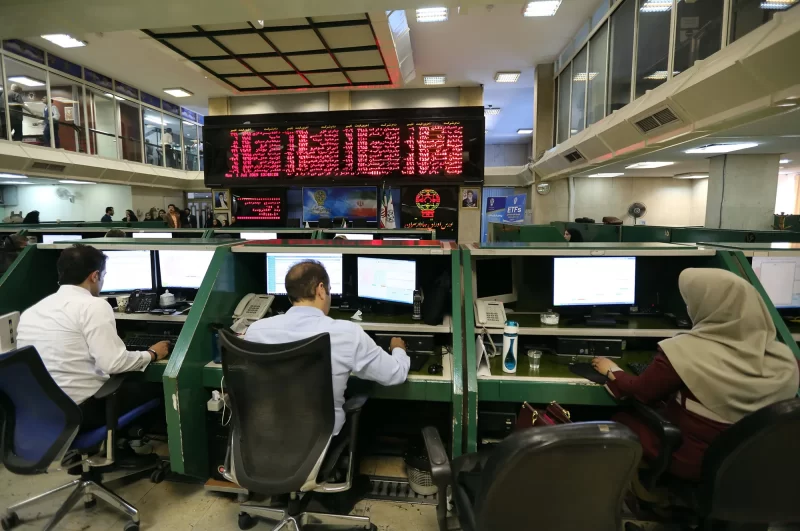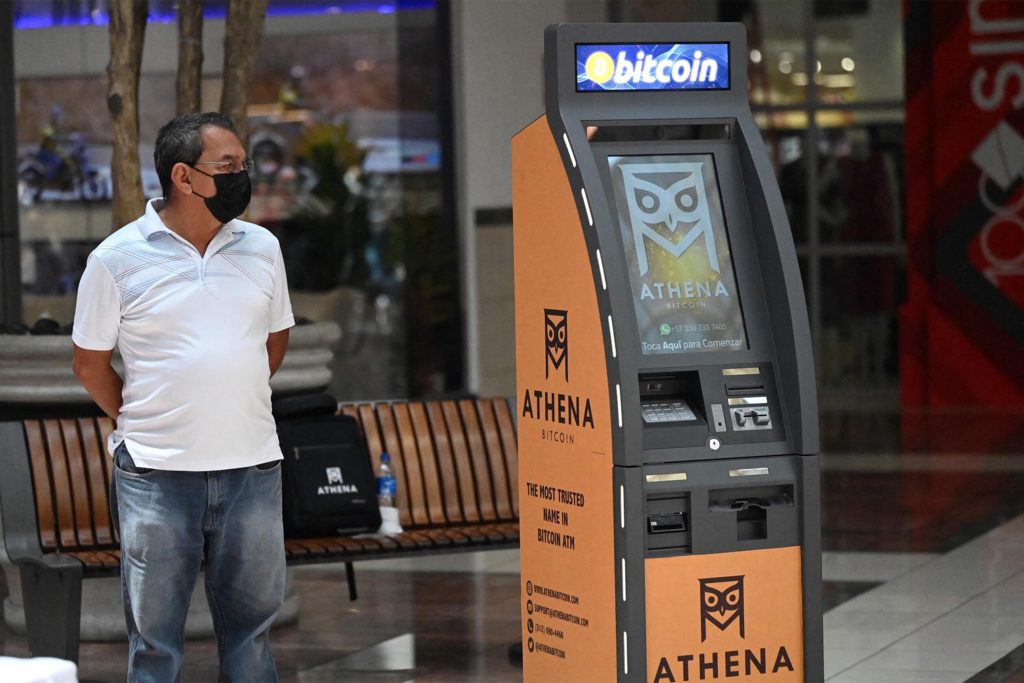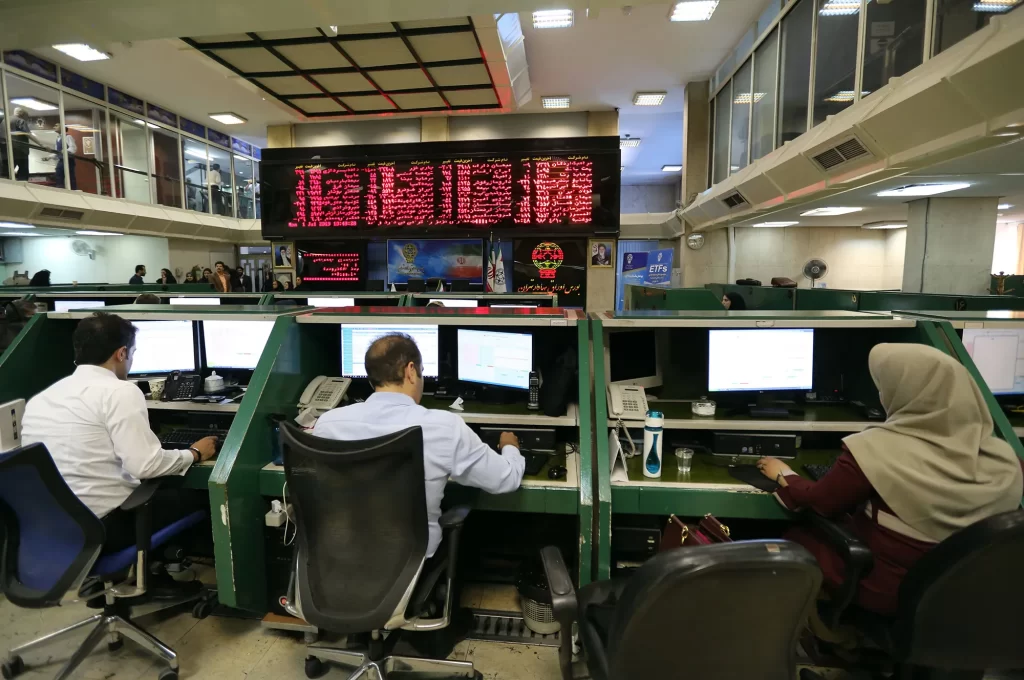
Two popular names in the cryptocurrency industry are Trezor and Ledger. Both have earned their notoriety by providing secure hardware wallets, are incorporated on cryptocurrency exchanges, and are capable of supporting over a thousand crypto coins.

And interestingly, both are European products, Ledger is headquartered in Paris, France, and was established in 2014, while the Trezor device was launched in 2013 in the Czech Republic and is part of SatoshiLabs.
In our in-depth review we examine both companies and the devices they offer from the aspect of safety and currencies that get supported, but also user interface, features, and the price.
Also Read: The Best Ethereum Wallet
Contents
- What Is A Crypto Wallet?
- Hardware Wallets
- How Do Hardware Wallets Work?
- The Ledger Wallet
- The Trezor Wallet
- Trezor vs. Ledger: Currencies
- Trezor vs. Ledger: Features
- Trezor vs. Ledger: Security
- Ledger vs. Trezor: Ease of Use
- Trezor vs. Ledger: Mobile App
- Ledger vs. Trezor: Price
- What to Do When a Wallet Gets Stolen?
- Conclusion
- FAQs
What Is A Crypto Wallet?
Cryptocurrencies are digital assets, but as with any form of currency there is a need to store it someplace, and a wallet can take many forms, and appropriately virtual currencies have a wallet that gets used to store the private key that gets implemented to perform crypto transactions.
But it's crucial to distinguish between the different formats of crypto wallets. There are hardware wallets, a category in which Ledger and Trezor are included by also software wallets.
Hardware Wallets
Hardware wallets are devices that get used to deposit digital coins. Typically they can’t run other applications, and are primarily used to keep the private keys, and because there is no option to access the internet, the digital coins get protected.
Some people refer to them as cold wallets, because there are limited options, but although there is no inbuilt conductivity, hardware wallets are compatible with different applications, providing interfaces and support for different cryptocurrencies.
But are adaptable with third-party wallets that provide an interface for coins management.
Generally, manufacturers try to make the wallet as simple as possible, because the most important feature is security.
The main point is to prevent attacks, and if the device is complex then it opens more avenues for outside access to the coins.
How Do Hardware Wallets Work?
Hardware wallets, as previously said are typically simple devices that get used to sign transactions. But to arrange the transactions and relay them to the network. And to do this, users need another device, generally, some model of PC or a laptop that offers internet access.
It's not a plug-and-play device. There is a need to download a program that will function as an intermediary between the hardware wallet and the network. And the reason is that this type of wallet only transmits specific transaction data.
To initiate the transaction, users have to input the password in the hardware wallet. And is crucial to verify the approved transaction on the screen of the hardware wallet to the one on the device that is connected to the hardware wallet.
Users must be focused, they can't afford to lose the seed phrase, which can be a combination of something like up to 24 words that get used to initialize the hardware wallet.
Remember that any person with the seed phrase will be able to take possession of the cryptocurrencies in the wallet, this is one of the reasons the wallet is kept in offline mode when not in use to protect the asset stored on the device.
Pros of a Hardware Wallet
There are several benefits of using hardware wallets:
- The wallets offer better security and are not susceptible to malware and computer viruses, providing improved transaction safety.
- The option to simulations holds several cryptocurrencies in an offline environment.
- Encryption provides protection, and the pin needed to get access to the wallet gets created by the user. Following three successive incorrect password entries the wallet will lockout, and prevent any further attempt to forcefully enter different pins. If this happens the keys are automatically deleted and the funds remain secure.
- Transactions are only possible if the person possesses the wallets because the confirmation of the transaction gets performed by the hardware wallet. As long as nobody else gets access to the wallet the data and transactions are safeguarded.
- The encrypted hardware device is the only place where the private key can get entered, which means other people can't access it and steal the cryptocurrency.
Cons of a Hardware Wallet
Hardware wallets have several disadvantages such as:
- The extraction of the private key can be problematic.
- The wallet can get expensive.
- It's easy to break or misplace the device.
- Because of the encryption implemented, users can encounter difficulties in making transactions and navigating the technical details of setting up the wallet.
- The number of manufacturers and retailers that are active in the market is so large that it's quite easy to purchase fake wallets or inferior products that can endanger your funds.
The Ledger Wallet
Ledger is a cold wallet that entered the crypto market in 2014, meaning it’s one of the first hardware wallets in the industry. The goal of Ledger is to provide options for securing users' private keys while performing transactions on the blockchain.
The key aspect that sets Ledger apart from the competition is in the quality manufactured devices, which incorporate high-tech chips. But also the BOLOS, which is an operating system renowned for its security prospects.
The uniqueness of hardware wallets is that the responsibility of securing the private key is on the user, this is different from wallets where a central authority owns the private keys, making them vulnerable.
With Ledger type wallets the user has total control of the funds because he is the only one with access to the keys.
Currently, Ledger offers two versions of its hardware wallets, the Ledger Nano S and Ledger Nano X.
The latter is a trusted crypto wallet, while the former is a newer addition, but has the potential to be the premium version.
The Trezor Wallet
Trezor is one year older than Ledger, being created in 2013. On the surface it's a standard cold wallet, meaning it’s a device that enables the offline storing of cryptocurrencies. That is why it makes it difficult, actually almost impossible for hackers to get access to the funds.
But the difference between Trezor and other wallets is that it safeguards transactions by maintaining the privacy of the keys. Preventing exposure to a laptop or other device that is compromised. Industry experts have voiced their support about Trezor, referring to it as one of the best hardware wallets.
The fact that Trezor is on the market for seven years, is actually one of the oldest cryptocurrency hardware wallets to be in continuous service.
Making it possible to collect a lot of information about its performance, but also data on how the device can get improved, a luxury most other companies don't have at the moment.
Several high-profile businessmen have reportedly claimed to be using the cryptocurrency wallet. Trezor has two hardware wallets: Trezor Model One and Trezor Model T.
The first generation gets appropriately represented by Trezor One, which was launched at the start of 2014. Four years later the second generation arrived with the Trezor T.
Trezor vs. Ledger: Currencies
If considering the number of supported currencies between the two platforms, the edge goes to Ledger. It can store about 1,800 various tokens and coins, while Trezor can support 1,649 coins. Most popular forms of crypto such as Ethereum, Stellar, and Bitcoin.
There is also one interesting difference, Lager's both models support the same coins, but Trezor One can support less number of currencies when compared to the Model T.
Trezor One does not offer support for Cardano, Monero, Eos, Ripple, Tezos, and Binance Chain. Plus both devices do not support Avalanche, Uniswap, Celo, Ocean Token, Graph Token, or Reef Finance.
Every coin that was listed in the previous section gets supported on Ledger hardware wallets, this is a big advantage.
Although there is an unbalance between the number of supported coins, with the edge going in Ledger's favor, both Ledger and Trezor wallets have built-in cryptocurrency exchanges that enable the purchase, sale, or trade of coins.
Trezor vs. Ledger: Features
Most devices strive to be competitive and generally offer similar features, something that's obvious if you have a close inspection of Trezor and Ledger hardware wallets.
Both products use a USB cable to connect to a computer. The smooth design of Ledger devices resembles USB storage devices. On the other hand Trezor sports slightly lighter plastic housing.
Every model is compatible with Windows, Linux, and Mac computers. But Trezor has the upper edge offering users the option to connect with Android devices, while Ledger has quality interaction with iOS phones.
If in the market for a bigger screen, a Trezor model will fit those requirements. The advantage of this is that users can easier read the content on the screen.
If discussing the connectivity Ledger Nano X takes the lead thanks to the Bluetooth option, something that is missing with Trezor models.
Trezor vs. Ledger: Security
Trezor and Ledger wallets are industry leaders when it comes to security. The companies offer private keys that don't leave the devices. Ledger models implement a double chip base, while a Trezor model is built on a single chip base.
With Ledger, use get extra security because the second chip that is bank-grade and provides a safety net to counter hardware-based attacks.
The open-source framework of the operating system BOLOS is a unique feature of Ledger. Yet when compared to Trezor, wallets with Ledger's logo implement closed-source firmware.
This means outside parties cannot test the system for vulnerabilities.
One difference that comes down more to convenience is the requirement for the password to be imputed via a keyboard on Trezor One wallet, while on Ledger it can get entered directly on the device.
Although the secure element is a priority and several systems get implemented, it's important to know that both companies are not quarantining that breaches in security are not possible.
There have been some successful hackers attract in the past, and they influence public confidence in the hardware wallets supplied by the companies.
Ledger vs. Trezor: Ease of Use
The interface is a priority and Trezor and Ledger have considered that and offer a relatively easy setup that permits rigorous account confirmation and passphrase configuration.
The cheaper models are simple with tiny screens and physical buttons that can be problematic for users that don't have much experience with touchscreens.
However, the setup is pretty much similar for both companies. The color touchscreen of Trezor's Model T gives it a better grade if compared with Ledger Nano X.
But the dimensions of the Nano X make it a bigger device when compared with Nano S, providing more real-estate for buttons, although the screen doesn't benefit from the extra space, and reading is more difficult when compared with the Trezor.
Yet it’s simpler to connect with a Ledger Nano S on a smartphone with Bluetooth, a feature not offered by Trezor that depends on a USB connection.
Trezor vs. Ledger: Mobile App
Both companies have mobile apps. The Ledger Live application allows users to manage accounts, by sending and receiving funds and inspecting the current crypto balances.
And the two models of Ledger devices have to initiate a connection to Ledger Live to perform the setup.
Trezor makes the Trezor Suite available as a desktop app but can use an internet browser extension that corresponds with the operating systems, making it possible to interact with the portfolio and the exchange.
Also, third-party support gets offered with Trezor being compatible with 15 third-party wallets while Ledger can interact with 24 other applications.
Ledger vs. Trezor: Price
The cost of a product depends on several factors, and a price can vary as circumstances change. Although it's worth noting that at the time of writing both basic models were pretty similar in the price range.
The discrepancy is bigger at the newer models, and that is due in large part to the colored screen featured on the Trezor Model T that improves the interface.
Investors searching for an inexpensive cold storage hardware wallet can have a look at the low-cost model offered by the two companies.
What to Do When a Wallet Gets Stolen?
The Ledger hardware wallet and its Trezor counterparts are small devices and easily can get misplaced or in a worst-case scenario, they can get stolen.
Because the wallets get protected by a pin, that after 3 failed attempts to access the coins, will in a sense activates a self-destruct option that deletes the content. In effect, the intruder will get locked out from the device and will not be able to accomplish the goal of steeling the cryptocurrency stored on the hardware wallet.
Safety is an imperative feature of the design of both Trezor and Ledger models, considering that remote attacks are a possibility.
The wallet is not able to establish an internet connection directly, and even when an interface gets created it can transmit the required details, such as the transaction information.
Although Ledger and Trezor offer secure devices, the general impression in the industry is that Trezor has the advantage in this segment, and this is due to the open-source feature that gets implemented on their devices.
Also Read: What is a Coin Market Manager (CMM)?
Conclusion
The user-friendly design and security features that are implemented make Trezor and Ledger preferred wallets for storing cryptocurrency. Each of the two companies offers two models that can support thousands of coins, and enable users to access cryptocurrency exchanges.
There are differences, as with any hardware device they excel in some aspects but are deficient in other segments and features.
For example, Ledger Nano X has Bluetooth connectivity, something missing from Trezor models. On the other hand, the touchscreen is much larger on Trezor Model T, helping with reading the data.
Novice users without any previous experience with crypto may have problems with the smaller screen of Ledger and should gravitate towards Trezor One.
But users that are only interested in storing a small number of cryptocurrencies, that they see as a long-term investment and require a built-in exchange may have a more serious look at Ledger Nano S.
The prices are similar, but the lower cost of Ledger, its mobile app, and the larger support capacity of cryptocurrencies are benefits that cannot get overlooked.
But users will not be mistaken if invest in any of the models offered by the two companies that have a reputation as industry leaders. Crypto mining has been a popular topic, but anything of value that gets produced must be safely stored and hardware wallets are the perfect option for crypto investors.
FAQs
Which Is better Ledger or Trezor?
Ledger has an advantage over Trezor because of the better mobile application, the lower price, the fact it supports more digital coins, and the iOS connectivity.
What Is Safer Trezor or Ledger?
Trezor has a reputation in the industry as a company that offers hardware wallets with better security features when compared with Ledger models.
Has Trezor been Hacked?
Trezor wallets have been hacked as part of vulnerability testing performed by third parties that managed to access the physical devices they had obtained.
Are Ledger Wallets Still Safe?
Yes, Ledger provides safe wallets, which is important the most up-to-date encryption, however, it should get noted that there are no guarantees that a future breach in security may occur.
















